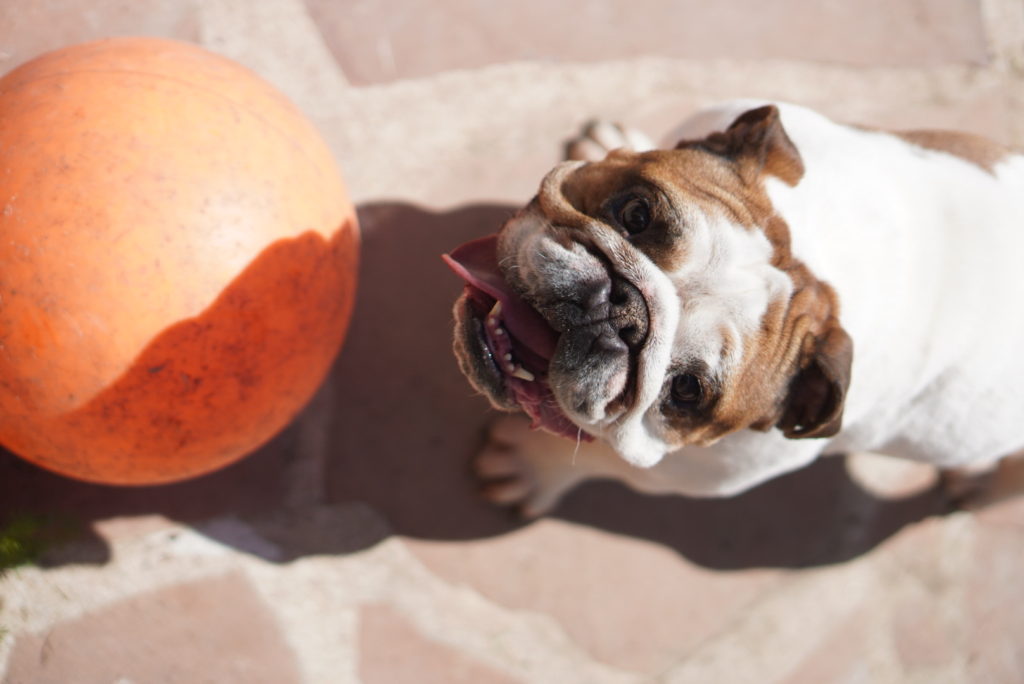Wondering why your dog’s nose is dry and cracked? It could be many reasons, but before we dive in, let’s discuss why this is an important topic.
A dry or chapped nose can cause significant discomfort for dogs and puppies. When our furry friends feel uneasy, it can impact their behavior. Just imagine having itchy, watery eyes – it’s likely to put you in a less-than-ideal mood and make you less inclined to carry out your regular activities. Our beloved dogs experience the same thing.
At Collab Dog Training, we understand that your dog is more than just a pet – they are a part of your family. That’s why we prioritize their health and well-being above all else. We know that as a responsible dog owner, you want to do everything you can to keep them happy and healthy.
But sometimes, despite our best efforts, our dogs may experience health issues. One common issue that many dog owners face is dry skin. Just like humans, dogs can suffer from dry skin due to various reasons such as weather changes, allergies, or underlying medical conditions.
Remember that it’s important to ALWAYS double-check with your vet first to see if there’s a serious medical reason why your dog’s nose is cracked and/or dry.
With that said, let’s dive into some common reasons your dog’s nose may be dry or chapped and what to do about it.

STEP 1: Monitor Your Dog’s Nose
One of the first steps is to take notes and keep track of when your dog’s nose is wet and dry. Are you noticing it in specific times of the year? Is it happening in the day or the night? How long does it last? As you start to investigate the possible causes, consider these options below:
- Consider weather and elements of air. It’s possible that your dog or puppy’s nose could be sunburned in the hot summer months. In the cold and winter months, it could be dry from heaters, or just a dryer climate in general (here in Colorado, it’s very common as we have low humidity)
- It’s hard to lick their nose. Some breeds that have short snouts like Pugs or Bulldogs have a hard time licking their nose. Other breeds like Poodles and Lhasa Apsos tend to have blocked tear ducts, which can cause a dry nose.
- Just Woke up. During sleep time, puppies don’t lick their noses which can cause a dry nose right when they wake up.
- Dehydration could be an issue. After any strenuous activity, dehydration can occur. Remember to keep your puppies hydrated! It is suggested that dogs drink one ounce of water per pound every day as a general guideline.
STEP 2: Identify Dog Allergies
Plastic is a widely known dog allergy that can cause dry nose. I recommend switching out plastic dishes used for food or water with stainless steel bowls.
There are some dog treats and household products that can also cause dog allergies. Implement the process of elimination to see which is causing these allergies and dry nose.
STEP 3: Try using balm on your dog’s dry nose
Sometimes, your puppy needs more moisture on their nose to help soothe cracking. One of my favorites is this nose balm from the Natural Dog Company. It is organic, all-natural, and vegan, and dogs can feel immediate relief. When I take dogs on hikes, this is also perfect to bring with me because of its convenient travel size.
STEP 4: Consider an Allergy Test
After a couple weeks of observation, trial, and error, and a puppy nose balm, you may need to consult a veterinarian for allergy testing.
Notice if there are any other symptoms that your dog or puppy may be experiencing, like changes in appetite, lethargy, dry eyes, lethargy, or diarrhea, and be sure to let your veterinarian know as well. It’s also important to check with your vet before administering any new supplements or medications.
Conclusion
To ensure the best outcomes, it is highly recommended that you collaborate closely with your veterinarian to explore and identify suitable solutions that address your specific needs and circumstances.
By actively engaging with your vet, you can tap into their expertise and experience to devise effective strategies and interventions tailored to the unique requirements of your situation. This collaborative approach will not only enhance the overall effectiveness of the solutions but also foster a stronger and more productive partnership between you and your vet.
For more dog health tips, read our other blog posts.
